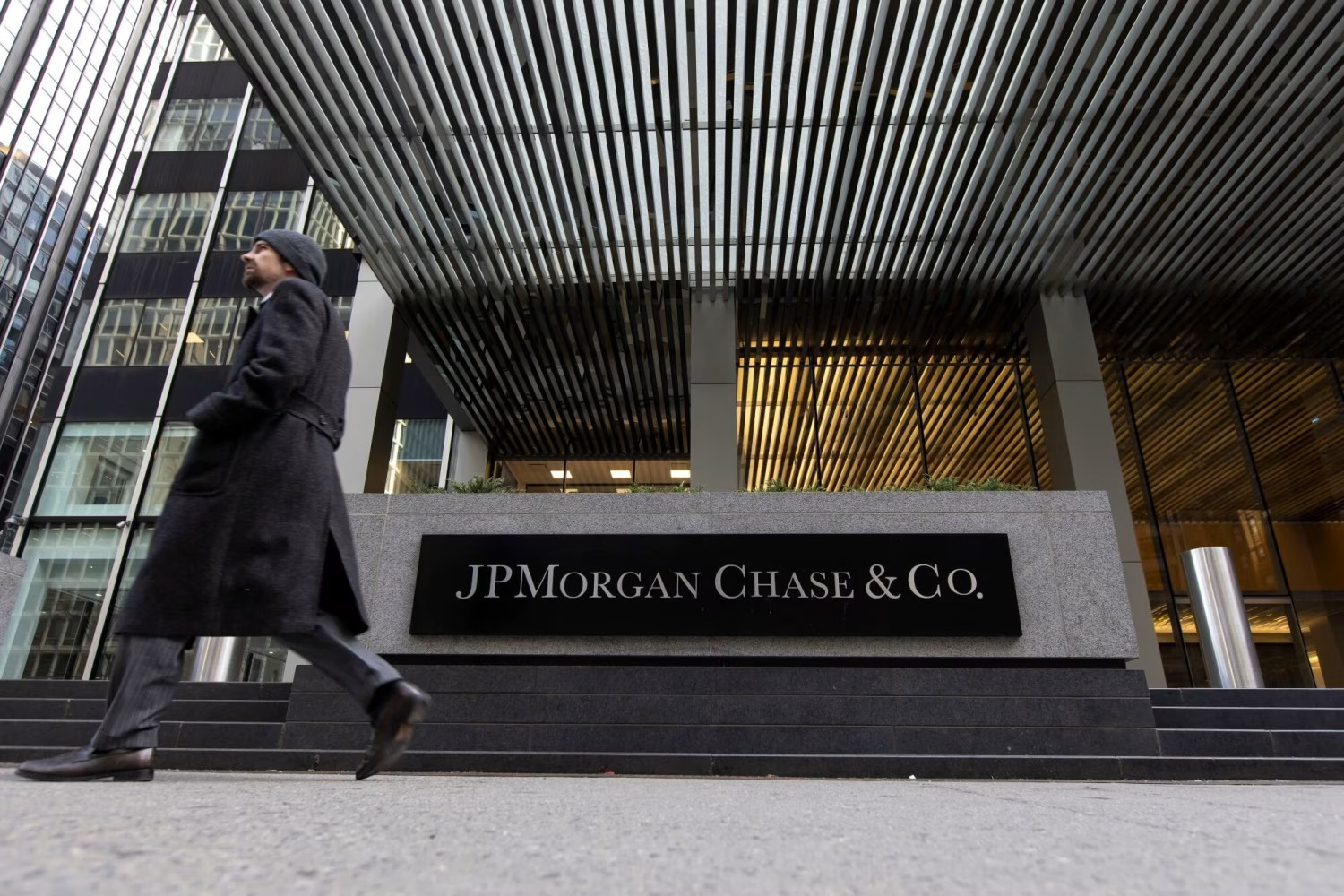A worldwide recession now seems more probable than not this year, economists at JPMorgan said, increasing their probability estimates to 60% after recent U.S. tariff declarations. The bank’s new forecast captures the increasing economic costs of newly applied tariffs, which the company sees rising by 20 percentage points, a step not taken since 1968. Back then, the large tariff hike was preceded by a recession, so the current environment is all the more worrisome for policymakers, industries, and investors alike.
The U.S. government on Wednesday released a wide range of tariffs that are meant to shield local industries and lower imbalances in trade. Financial markets quickly reflected shock, with stocks falling as investors considered the potential consequences.
Economists at JPMorgan, headed by Bruce Kasman, argue that such a hike in tariffs would have a cascading effect across supply chains, business confidence, and investment worldwide. By raising the price of imports, the policy depletes profit margins for multinationals and increases inflation pressures for consumers.
Retaliation by U.S. trading partners might further accentuate the economic harm as other countries levy their own tariffs on American imports. Such retaliation-and-retaliation has a way of escalating trade friction into the destruction of cross-border supply chains critical to industry segments such as automotive and electronics manufacturing.
The effects are already being felt in real-time, with Stellantis, the maker of Jeep, suspending production in Mexico and Canada, a firsthand demonstration of how abruptly and forcefully supply chains can be closed down by policy changes.
Beyond an outright production halt, a darker mood in business threatens to further amplify the decline. Unexpected tariffs and rising costs often cause businesses to postpone or reduce hiring and capital investment.
As a result of the retreat, consumer spending declines, and economic growth is further slowed. While some forecasters predict focused steps could relocate manufacturing work back into the U.S., short-term disruption could overwhelm any subsequent long-term benefit.
JPMorgan’s analysis predicts two possible outcomes. In the first, the world falls into recession as many economies shrink due to trade disruption, escalating costs, and diminished consumer confidence. Supply chains are disrupted in many industries, leading to a broad slowdown. In the second, less likely scenario, other major economies escape the worst of the recession while the United States enters it alone. But with the interdependent nature of international markets, such decoupling is viewed as unlikely.
Opponents of the tariffs say they might suppress innovation, hinder vital partnerships, and weaken the competitive advantage of U.S. manufacturers by forcing them to care more about short-term survival than long-term development.
Supporters claim that such actions are needed to address what are viewed as unfair trade practices and restore domestic industry strength. They argue that in the short term, there may be hurt, but the long-term result can be a more level playing field for international trade that would help American workers and industries.
It is uncertain whether the tariffs will achieve their intended goals. However, the potential for a 20% increase, along with the historical precedent of a similar spike causing a recession, puts the stakes into clearer perspective.
JPMorgan’s updated forecast serves as a warning for investors, CEOs, and governments: if diplomatic efforts do not ease current tensions and prevent further retaliation cycles, the risk of a global economic downturn could transition from a mere possibility to a serious reality.




